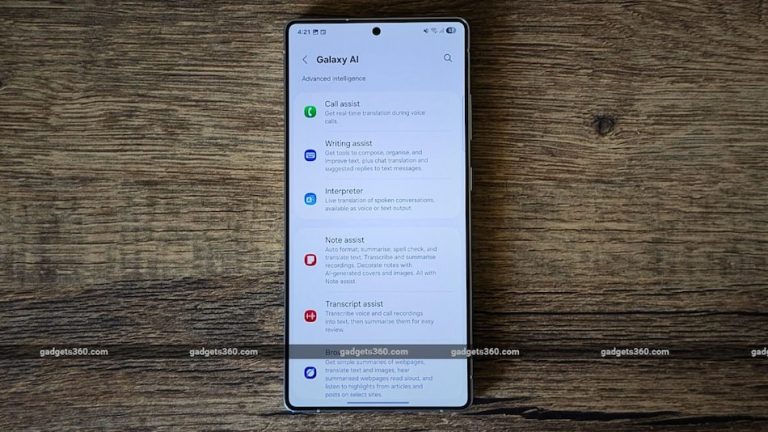
Smart Cities: Urban Trends for 2025 – Innovative Solutions for a Better Future
Smart Cities, urban trends for 2025 are revolutionizing the way we live, work, and interact with our surroundings. As the world becomes increasingly urbanized, cities are facing unprecedented challenges in providing sustainable, efficient, and livable environments for their citizens. In this article, we will explore the latest innovative solutions and trends shaping the future of smart cities in 2025.
Introduction to Smart Cities
A smart city is an urban area that uses advanced technologies such as IoT sensors, data analytics, and artificial intelligence to manage and improve the quality of life for its citizens. Smart cities aim to provide a more efficient, sustainable, and livable environment by leveraging technology to optimize energy consumption, transportation, public safety, and other urban services.
Urban Trends for 2025
So, what are the urban trends that will shape the future of smart cities in 2025? Some of the key trends include:
- Sustainable Energy: Cities will focus on renewable energy sources such as solar, wind, and hydro power to reduce their carbon footprint and reliance on fossil fuels.
- Electric Transportation: Electric vehicles will become the norm, reducing emissions and improving air quality in urban areas.
- Smart Grids: Advanced smart grid systems will optimize energy distribution, reducing energy waste and improving the overall efficiency of urban energy systems.
- Urban Agriculture: Cities will incorporate urban agriculture and vertical farming to increase food production, reduce transportation costs, and improve food security.
- Intelligent Transportation Systems: Advanced transportation systems will use real-time data and analytics to optimize traffic flow, reduce congestion, and improve public transportation.
Innovative Solutions for Smart Cities
Some of the innovative solutions that will shape the future of smart cities in 2025 include:
- IoT Sensors: IoT sensors will be used to monitor and manage urban services such as energy, water, and waste management.
- Artificial Intelligence: AI will be used to analyze data and optimize urban services, improving the efficiency and effectiveness of city operations.
- Blockchain Technology: Blockchain technology will be used to secure and manage data, ensuring the integrity and transparency of urban services.
- 5G Networks: 5G networks will provide high-speed, low-latency connectivity, enabling the widespread adoption of IoT devices and smart city applications.
- Smart Homes: Smart homes will become increasingly popular, using advanced technologies such as voice assistants and smart thermostats to improve energy efficiency and convenience.
Conclusion
In conclusion, smart cities are the future of urban development, providing innovative solutions to the challenges faced by cities around the world. By leveraging advanced technologies such as IoT sensors, AI, and blockchain, cities can become more efficient, sustainable, and livable. As we look to the future, it’s clear that smart cities will play a critical role in shaping the world of tomorrow.




